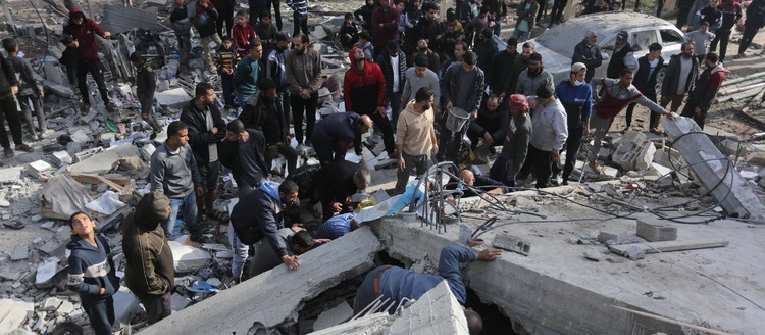 12 October 2023
12 October 2023
PUBLIC DIPLOMACY AND THE NATIONAL INTEREST
Public diplomacy is one of the tools of states to protect, consolidate and expand their national interests. The primary duty of states is to protect their nations and homelands against internal and external threats. In fact, leading national interests are always positioned within this framework. States have to organize all their policies in this direction in order to maintain their existence.
What is written about public diplomacy often addresses how this tool is understood and implemented in various institutions, looking at the subject from an organizational perspective. Unlike diplomacy, which involves relations between state leaders and official institutions, public diplomacy involves direct relations between nations and non-governmental organizations. Public diplomacy is used to serve national interests through dialogue, regardless of whether the states are friends, allies or enemies. In fact, it is a complement to the state's diplomacy. Public diplomacy has become a more widely used tool with today's developing communication opportunities. But the real issue is that public diplomacy is carried out with a strategic arrangement that will serve national interests. In other words, factors of national interest should be taken into account in organizing public diplomacy and determining its strategy.
On the other hand, defining national interest is a complex problem in democracies. National interests, which should be determined by consensus in democratic countries, can be defined in different ways due to differences in political views. There should be no difference of opinion regarding the provision of security, which is the primary duty of every state. Highlighting the minimum commons in the preparation of public diplomacy strategies is important for solving the problem. As a result, national interest, especially if it is security-oriented, can be defined by consensus and it is easier for it to be reflected in the state's public diplomacy.








